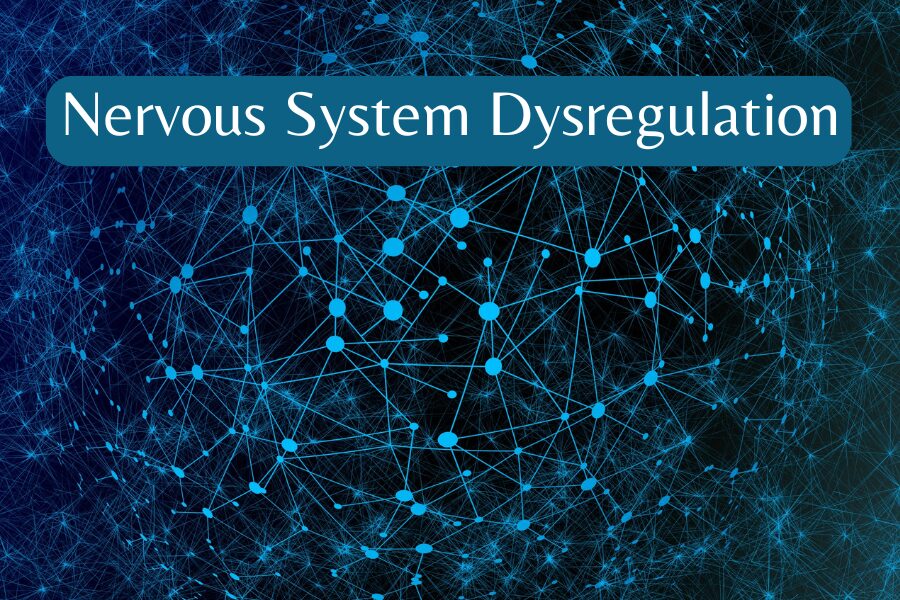Stress resilience in women is not the same for everyone, and it explains why two women can face the same pressure but react completely differently.
It’s not about willpower. It’s about how your nervous system has been trained to handle stress.
Understanding stress resilience in women helps explain why some nervous systems collapse faster, while others stay regulated under pressure.
Two women can face the same situation, work pressure, family demands, emotional overload and react completely differently.
One shuts down.
The other stays grounded.
Why?
It’s not personality.
It’s not being “stronger.”
It’s about how her nervous system learned to respond to stress over time.
1.Your nervous system keeps score of your past
Women who grew up with unpredictability, criticism, chaos, or emotional overload often have a hyper-vigilant baseline.
Their bodies learned early that stress = danger.
So as adults, even small triggers can feel overwhelming.
This has nothing to do with weakness.
It’s biology and survival.
2. Resilience is trained, not inherited
Stress resilience in women isn’t about luck.
It’s a trainable system.
Just like muscles get stronger with repetition, your nervous system becomes more stable when you consistently give it cues of safety:
- Slow, regulated breathing
- Consistent routines
- Boundaries that protect your energy
- Trauma-informed techniques that calm the stress response
- Supportive relationships
- Reducing overstimulation
These small daily signals teach your body:
“You’re safe. You don’t need to react with panic or shutdown.”
3.Trauma shapes how quickly you reach burnout
Women with unresolved trauma or long periods of chronic stress hit their limit faster.
Their bodies stay in fight, flight, or freeze more often.
This leads to:
- Quick overwhelm
- Emotional exhaustion
- Brain fog
- Trouble concentrating
- Feeling “on edge” all the time
This isn’t a mindset problem.
It’s a nervous system capacity problem, and capacity can be rebuilt.
Here’s what your body actually recognizes as safety and rest:
- Deep, slow breathing (not forced, natural)
- Gentle movement, like walking or stretching
- Crying, yawning, or shaking (your body’s reset button)
- Connection, being hugged, being seen, or just sitting with someone who feels safe
These are small but powerful signals that tell your nervous system: “You’re safe now. You can relax.”

4.Your resilience grows when you understand your triggers
When you know what activates your stress response, you can regulate it faster.
This is the foundation of trauma-informed stress recovery.
You learn:
- What drains you
- What stabilizes you
- How your body signals “I’m overloaded”
- How to return to calm without shutting down
The goal is not to eliminate stress.
It’s to expand your stress window so daily life stops feeling like a threat.
5.The same stress won’t break all women, because not all nervous systems have the same history
Building stress resilience in women is a trauma-informed process that focuses on expanding the nervous system’s capacity to handle daily triggers.
You’re not failing.
You’re not weak.
You’re not “too sensitive.”
You’re a woman whose body has been doing its best to keep you safe.
And now, you can teach it a new way.
Strengthening stress resilience in women doesn’t require big changes. Small, consistent steps can shift your nervous system into a calmer baseline, helping you feel more grounded and supported in your daily life.
Let’s build your inner resilience system, book your free stress blueprint session.
Book your free 45-minute Reset Consultation here →https://www.coachingwithchange.com/contact/
Because living in survival mode is not your normal, and your body deserves calm, clarity, and real rest.
Together, we’ll uncover the root causes of your stress triggers and create a simple, personalized plan to rebuild your nervous system resilience.
To your Well-being
By Marta Raga, Executive & Life Coach Specializing in Stress Management








0 Comments